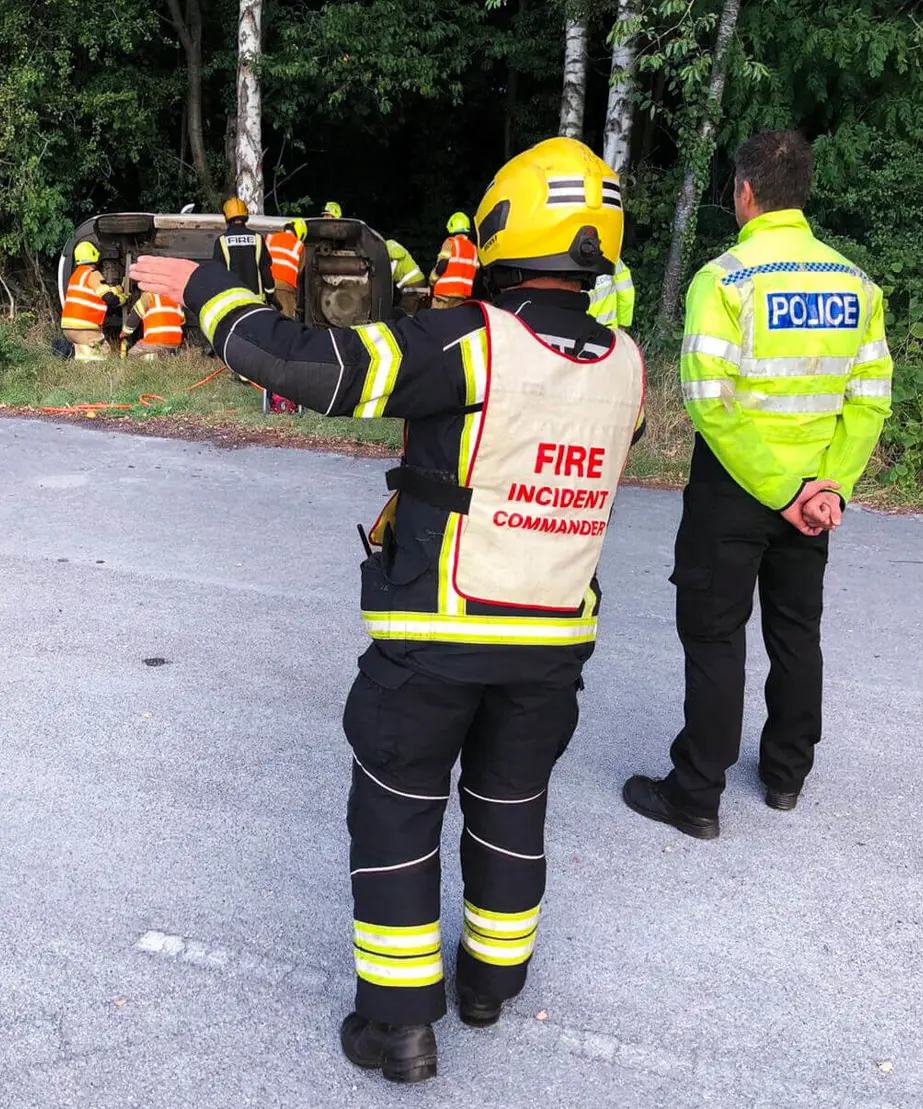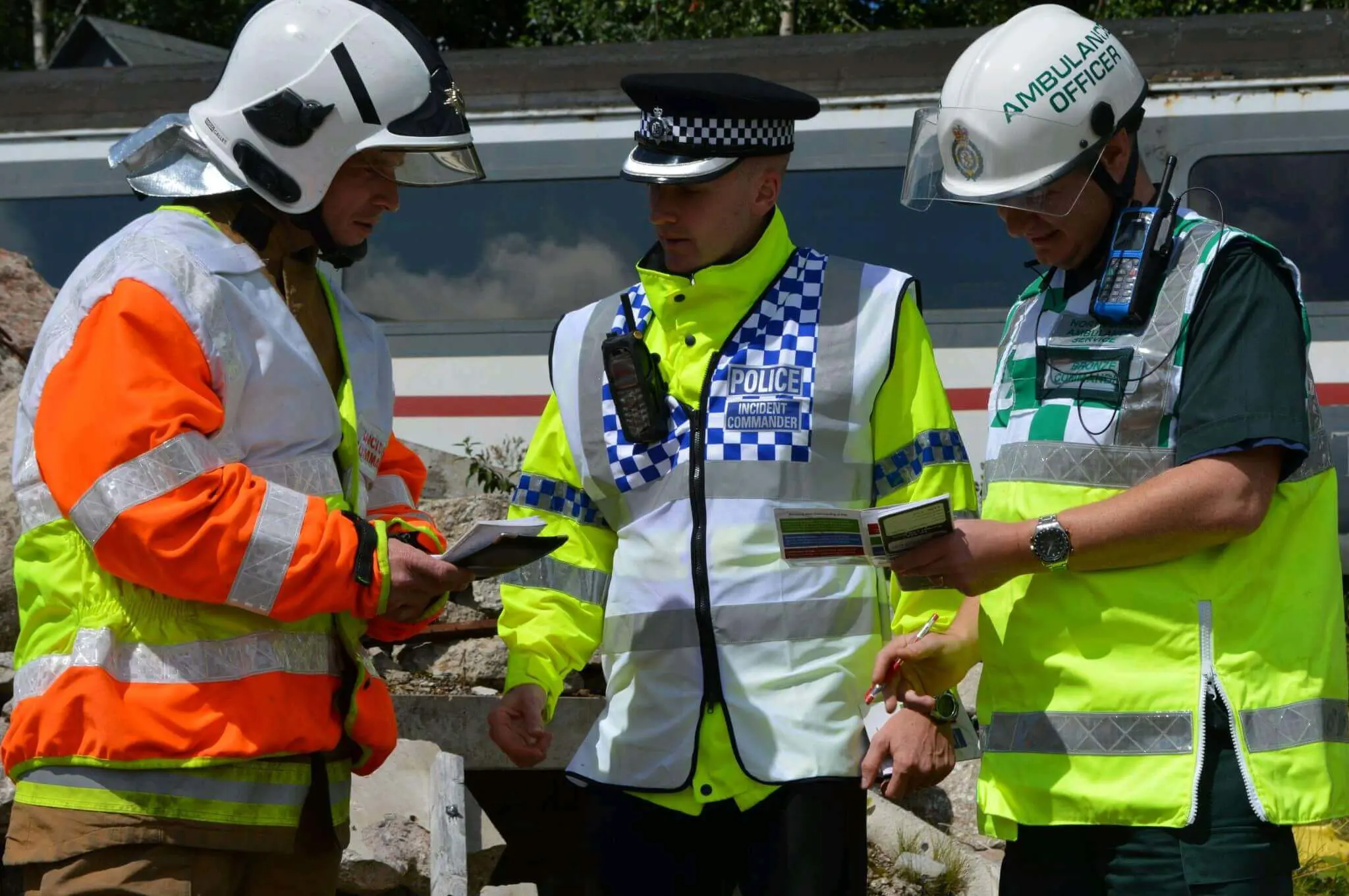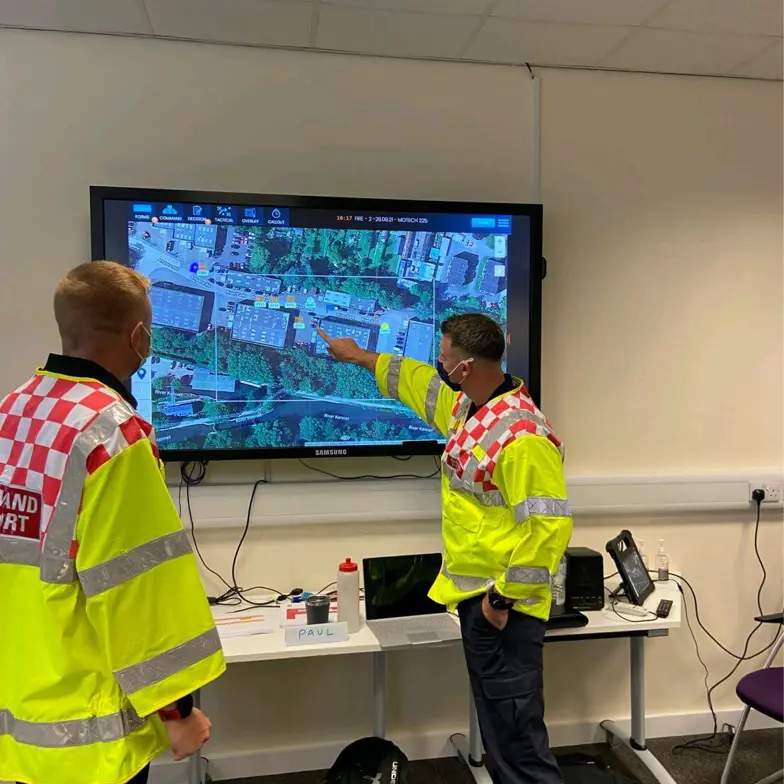Course overview
This course is designed for international delegates who are operating at or preparing for chief officer level appointments.
It is suited to both experienced chief officers who wish to refresh their knowledge base and to those who seek an introduction to strategic level operational roles.
The course covers essential fire specific areas to support strategic leadership roles in the Fire and Rescue Service. There are five modules that cover:
- Risk Management
- Incident Command
- Resilience and Assurance
- Built Environment
- Organisational Development
These modules can be taken individually or as a continuous course depending on the preferred method of attendance. They can be delivered at the Fire Service college in the UK or locally depending on client requirements. The course is validated by the Institution of Fire Engineers as an IFE recognised training course when all five modules are completed. The course also results in a Strategic level Incident Command qualification
The modules deal with a wide range of themes and has been designed and is delivered by a team consisting of experienced fire service officers from the United Kingdom, the United States and Australia, supported by specialist visiting lecturers.
The learning objectives are achieved through a blended approach that includes classroom-based learning, site visits, practical and tabletop exercises as well as input from industry organisations. The formal timetable is supported by five evening tutorial sessions delivered by visiting lecturers on contemporary fire service leadership issues.
Please see below for further details of the module content:







